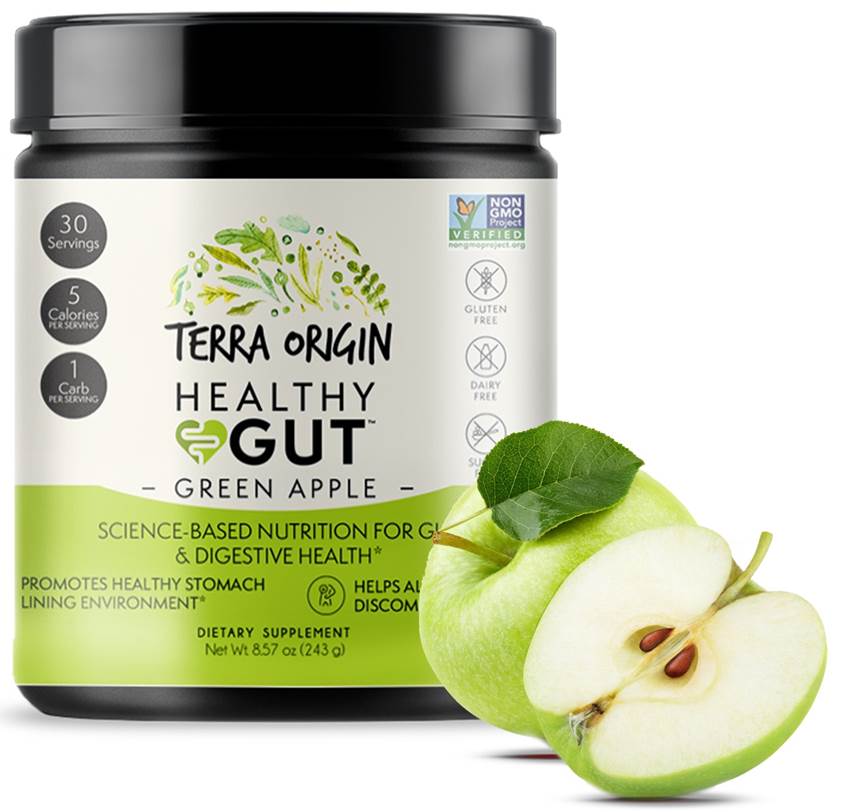Finding a Gut Health Supplement That Works: Your Guide to Better Digestion
Finding a Gut Health Supplement That Works: Your Guide to Better Digestion
Blog Article
Discover the Key to Food Digestion and Resistance With Intestine Wellness Support

Recognizing Intestine Health
Comprehending intestine health is crucial for overall wellness, as it plays a significant role in digestion, immunity, and even psychological wellness. The intestine, making up the stomach tract, is accountable for damaging down food, soaking up nutrients, and getting rid of waste. A balanced gut environment guarantees reliable digestion, permitting the body to use nutrients effectively.
Moreover, gut health and wellness substantially influences the immune system. The intestine houses a significant part of the body's immune cells, and a healthy and balanced digestive tract can help ward off virus and minimize inflammation. Interruptions in gut health and wellness can cause an over active immune feedback, potentially adding to autoimmune problems and allergies.
Additionally, the gut is frequently described as the "second brain" as a result of the gut-brain axis, a complicated communication network connecting the brain and the digestive tract. This connection influences state of mind, cognition, and psychological health. Concerns such as dysbiosis, identified by an imbalance in digestive tract bacteria, have been related to mental health conditions, consisting of anxiousness and depression.
The Intestine Microbiome Explained

The digestive tract microbiome, a diverse neighborhood of bacteria residing in the stomach system, plays a crucial function in maintaining digestion wellness and total wellness. Making up trillions of bacteria, viruses, fungi, and various other microorganisms, this facility ecosystem aids in the digestion of food, the synthesis of crucial nutrients, and the regulation of metabolic processes.
Each individual's digestive tract microbiome is special, affected by elements such as diet regimen, lifestyle, genetics, and environmental direct exposures. A balanced microbiome sustains optimal digestion by breaking down complex carbohydrates, generating short-chain fatty acids, and assisting in the absorption of nutrients. On the other hand, an inequality, usually described as dysbiosis, can bring about digestive problems, consisting of cranky bowel disorder (IBS) and inflammatory bowel condition (IBD)
Study has actually shown that a varied microbiome is connected with far better health and wellness end results, highlighting the significance of dietary choices in supporting these microbes. Foods rich in fiber, probiotics, and prebiotics, such as fruits, vegetables, and fermented items, can promote a healthy microbiome. Recognizing the gut microbiome is necessary for developing targeted treatments targeted at improving digestion health and wellness and protecting against gastrointestinal conditions.

Connection In Between Food Digestion and Resistance
A robust connection exists between digestion and resistance, highlighting the important role of the digestive tract in preserving overall health. The intestinal system is home to trillions of microorganisms that form the digestive tract microbiome, which dramatically affects both digestive system procedures and immune feedbacks. This complicated community help in anonymous damaging down food, taking in nutrients, and supplying necessary metabolites that sustain immune function.
When digestion is efficient, the digestive tract obstacle remains undamaged, avoiding dangerous virus from going into the bloodstream. Around 70% of the immune system lives in the gut-associated lymphoid tissue (GALT), which communicates carefully with the intestine microbiome.
Tips for Sustaining Intestine Wellness
Sustaining intestine health and wellness is essential for maintaining both digestive system efficiency and a well-functioning immune system. To promote optimum digestive tract health, think about including several useful techniques into your daily routine.
First, prioritize hydration. Consuming ample water sustains digestion and aids preserve the mucosal cellular lining of the intestines. Additionally, normal physical task can enhance gut motility and advertise a diverse microbiome.
Mindful eating techniques are likewise necessary. Chewing food extensively and eating slowly can assist digestion and protect against over-eating, which might stress the intestine. Additionally, taking care of tension through techniques such as meditation, yoga exercise, or deep-breathing workouts can positively affect intestine health and wellness, as anxiety is understood to interfere with digestion procedures.
Integrating prebiotics and probiotics right into your program is an additional efficient method. While details foods will be talked about later, understanding the significance of these elements is essential. Prebiotics serve as food for advantageous digestive tract germs, while probiotics present online beneficial microorganisms.
Finally, stay clear of excessive use anti-biotics, as they can interrupt the equilibrium of gut plants. By adhering to these pointers, you can dramatically add to the upkeep of a healthy and balanced digestive tract, which is necessary for total health and wellness and vitality.
Foods That Promote Gut Wellness

Fermented foods, such as yogurt, sauerkraut, kimchi, and kefir, are abundant in probiotics, which are helpful germs that sustain gut plants and boost digestion. These foods can help bring back equilibrium in the intestine, particularly after antibiotic use or digestion disruptions.
Along with fermented options, prebiotic foods, such as garlic, look at this now onions, asparagus, and bananas, act as nourishment for these probiotics, advertising their growth and activity. These soluble fibers sustain gut mobility and can reduce issues like irregular bowel movements.
Furthermore, incorporating high-fiber foods, including whole grains, fruits, legumes, and vegetables, is necessary for maintaining you can try this out a healthy intestine. Fiber aids in routine defecation and helps prevent gastrointestinal disorders.
Lastly, omega-3 fats located in fatty fish, flaxseeds, and walnuts have anti-inflammatory residential or commercial properties that can further sustain gut health and wellness. Emphasizing these foods in your diet plan can cause a robust digestive system and boosted immune function.
Final Thought
To conclude, prioritizing gut health is essential for optimizing food digestion and enhancing immunity. A well balanced gut microbiome, influenced by nutritional selections and way of life elements, plays a critical role in nutrient absorption and inflammation decrease. Integrating fermented foods, prebiotics, and high-fiber options, along with correct hydration and stress monitoring, can significantly advertise intestine wellness. By embracing these strategies, people can sustain general wellness and vitality, unlocking the possible advantages of a well-functioning gastrointestinal system.
Recognizing gut wellness is important for total health, as it plays a substantial duty in digestion, immunity, and even mental health. The intestine houses a considerable section of the body's immune cells, and a healthy intestine can aid fend off microorganisms and decrease swelling.In addition, the digestive tract is often referred to as the "second mind" due to the gut-brain axis, an intricate interaction network linking the intestine and the brain.A robust connection exists in between food digestion and immunity, highlighting the important role of the intestine in preserving general health and wellness.In final thought, prioritizing gut health is essential for optimizing food digestion and improving immunity.
Report this page